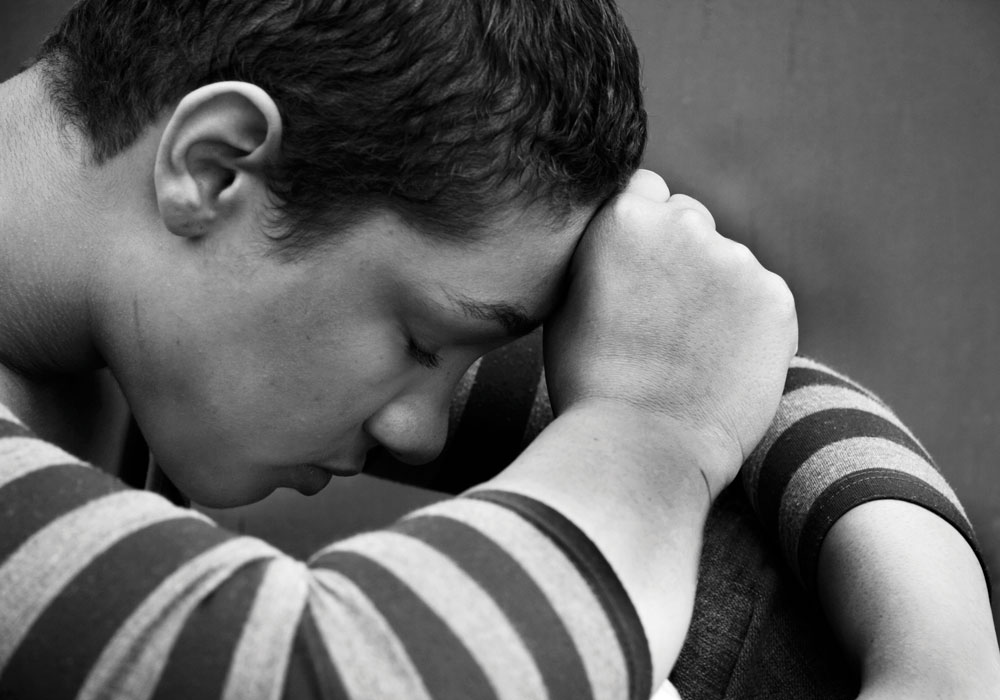Although overall rates of colorectal cancer have been falling since the 1970s and ‘80s, incidence of the disease has been increasing dramatically in patients younger than 50 years, according to the results of a new study published in the Journal of the National Cancer Institute.
Researchers looked at colorectal cancer incidence trends in the Surveillance, Epidemiology, and End Results database from 1974–2013. Data from 490,305 patients were analyzed by five-year age group. They found that colon cancer rates increased 1%–2.4% annually since the mid-1980s for patients aged 20–39 years and by 0.5%–1.3% annually since the mid-1990s for those aged 40–54 years. Rectal cancer rates saw a larger increase of 3.2% annually for adults aged 20–39 and 2.3% annually for those aged 40–54.
Researchers found that compared with adults born in the 1950s, those born in the 1990s have double the risk of colon cancer and four times the risk of rectal cancer.
Overall, the researchers found that compared with adults born in the 1950s, those born in the 1990s have double the risk of colon cancer and four times the risk of rectal cancer. In fact, age-specific colorectal cancer risk has escalated back to the level of those born in the 1890s for contemporary birth cohorts, the researchers said.
More studies are needed to determine the causes for the trend, but the researchers called for additional education and awareness for healthcare providers and the general public. Finally, they cited that because nearly one-third of patients with rectal cancers are younger than 55 years, screening may need to begin before the current recommendation of age 50.






